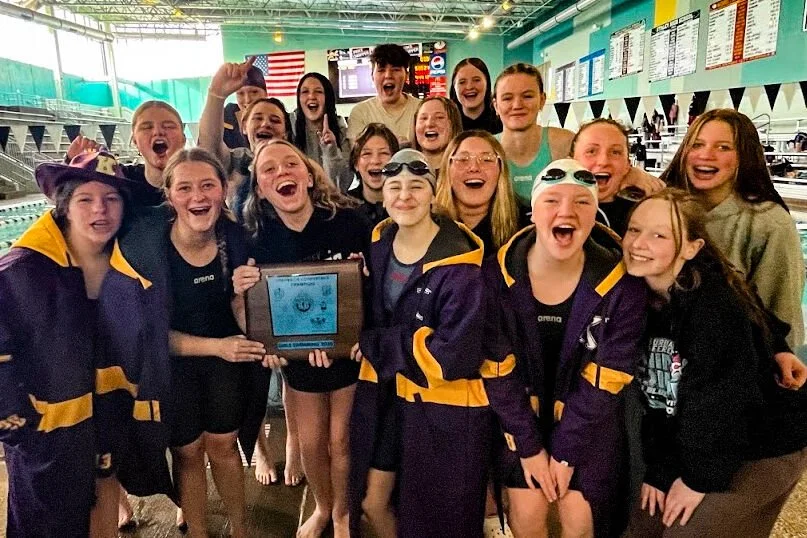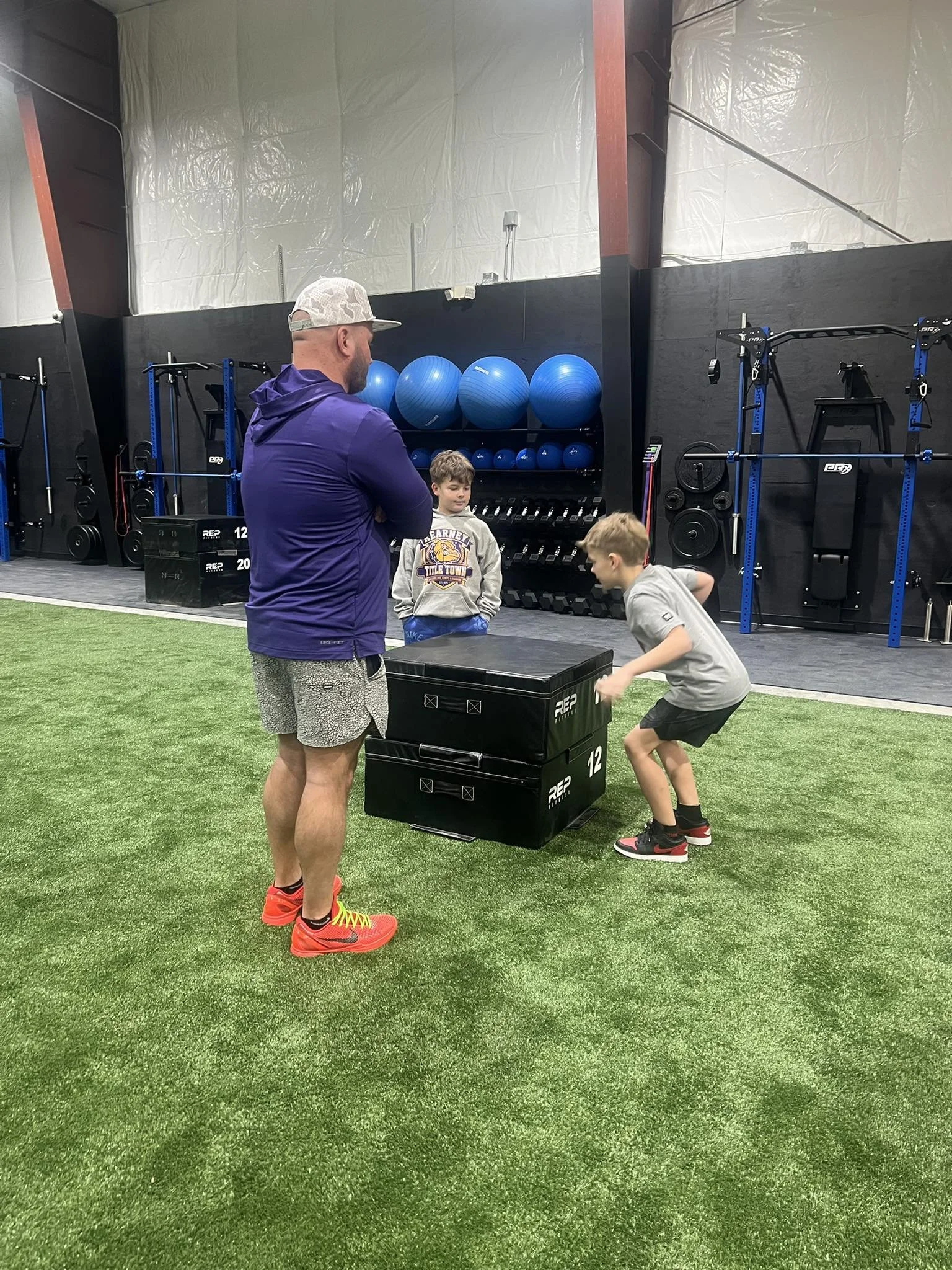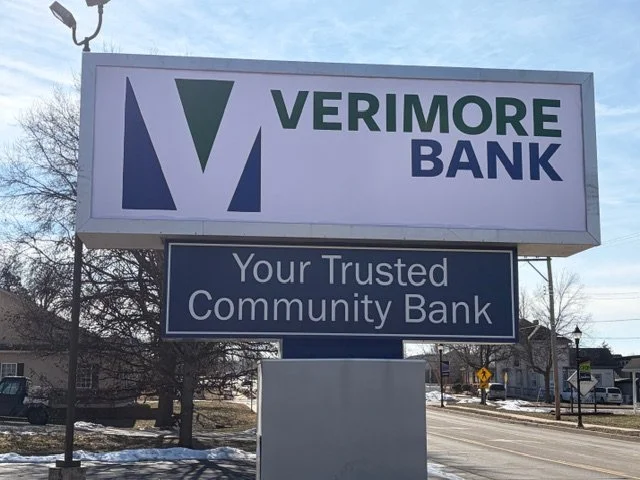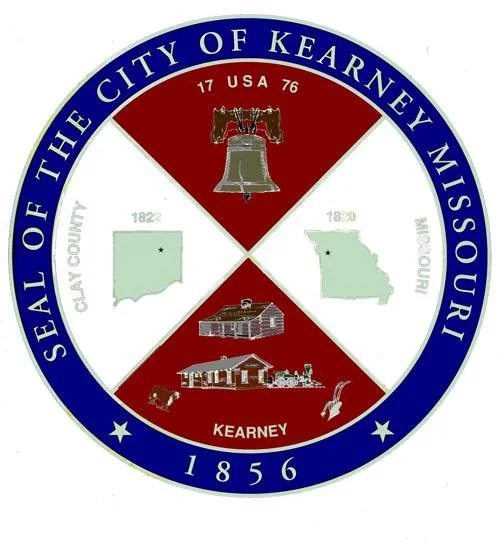Clay County Sports Commission Bill Signed into Law
/Missouri Governor Mike Kehoe has officially signed the Clay County Sports Commission bill into law, marking a major milestone for the county’s efforts to advance sports, tourism, and economic growth.
The legislation establishes the Clay County Sports Commission, a dedicated organization tasked with attracting, promoting, and expanding sporting events and activities throughout the county. By centralizing sports initiatives under one body, officials say the commission is poised to boost tourism, encourage local investment, and create new opportunities for athletes, families, and fans across the region.
Governor Kehoe’s approval of the bill is seen as a testament to the state’s commitment to supporting local communities in their pursuit of expanded recreational opportunities and stronger regional identity. Proponents believe the measure will help maximize the economic impact of sports and tourism in Clay County and beyond.
County officials expressed gratitude to Governor Kehoe, the Missouri General Assembly, and local leaders for their roles in making the legislation a reality, citing their shared vision for strengthening communities and building a brighter future for residents.
Just before the July 4 holiday, the Kansas City Royals have submitted a term sheet to Clay County outlining their vision for a potential new stadium in North Kansas City. This term sheet details the team's proposal for a deal in North Kansas City, following the Missouri General Assembly's passage of legislation allowing Clay County to establish a sports authority. The Royals are also considering other locations, including downtown Kansas City.
Looking ahead, Clay County plans to collaborate with municipalities, major league sports organizations, and community partners to leverage the new commission and ensure its benefits are felt throughout the region.
KPGZ News – Brian Watts contributed to this story.



















